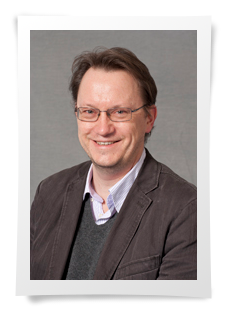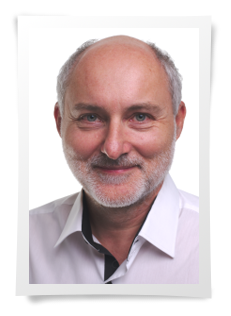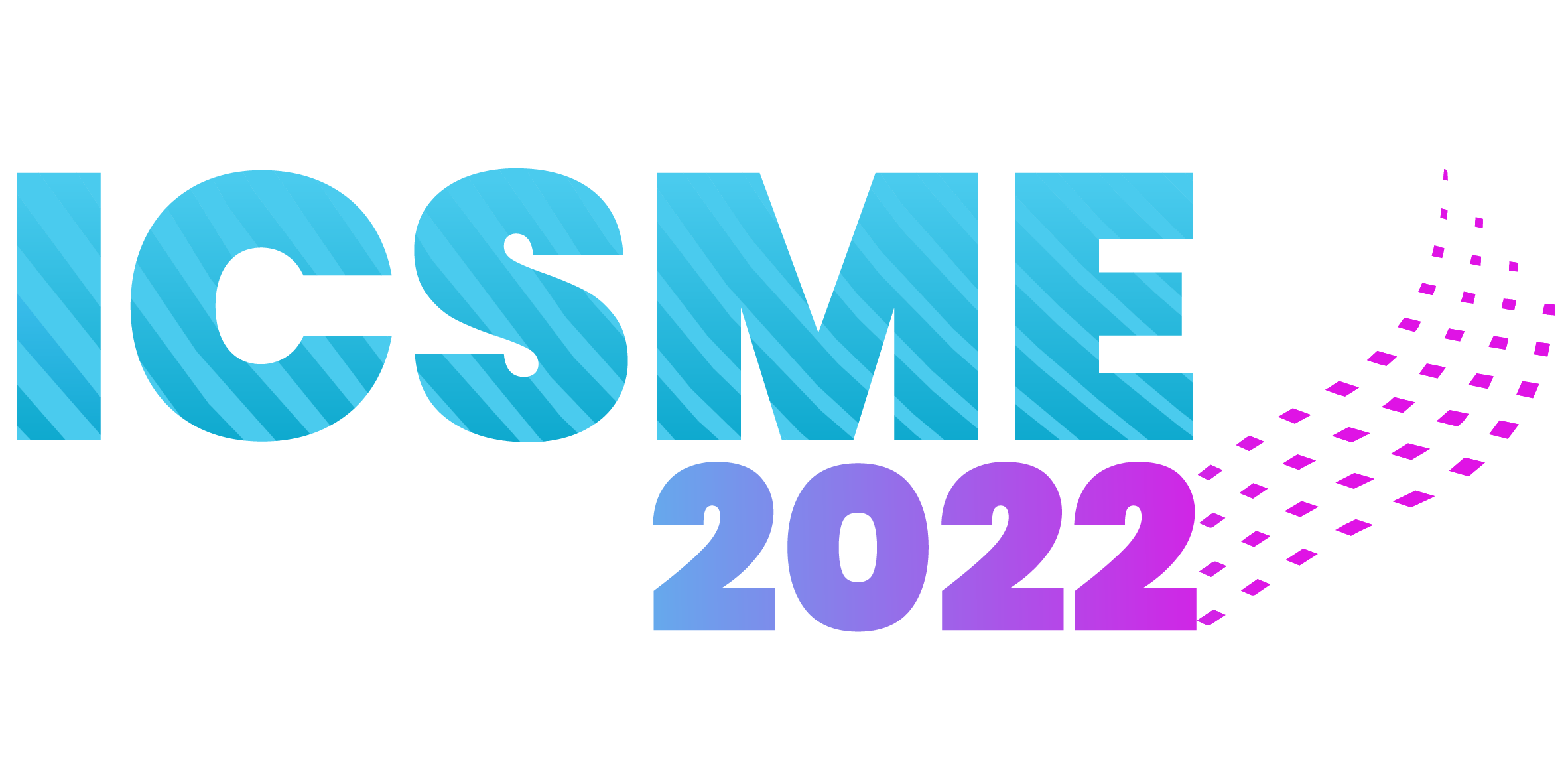Keynote Speakers

Mark Harman
Software Engineer, Meta Platforms Inc., London.
Title: Challenges in testing and evolving large systems
Abstract: This talk describes experiences in testing and bug fixing on large systems, such as Facebook, Instagram and WhatsApp, operated by Meta Platforms Inc. The talk will consider automatic test case generation, execution and onward repair and evolution. The talk will focus on simulation based approaches to testing, including Sapienz and WW. These simulation-based testing technologies have been deployed to test systems of over 100 million lines of lines of code, daily relied upon by over 2.88 billion people for communications, business, social media and community building (3.65Bn monthly active users). Testing, and in particular automation of onward evolution at this scale poses considerable challenges for scalability. The talk will conclude with open problems and challenges for the research community working on maintenance and evolution of software systems.
Short Bio: Mark Harman is a full-time Software Engineer at Meta Platforms, working in the Simulation-Based Testing team. The team has developed and deployed both the Sapienz and WW platforms for client- and server- side testing. Simulation-based testing is helping to tackle challenging technical problems in software reliability, performance, safety and privacy. Sapienz grew out of Majicke (a start up Mark co-founded) that was acquired by Facebook (now Meta Platforms) in 2017. Prior to working at Meta Platforms, Mark was head of Software Engineering at UCL and director of its CREST centre, where he remains a part time professor. In his more purely scientific work, he co-founded the field Search Based Software Engineering (SBSE) in 2001, now the subject of active research in over 40 countries worldwide. He received the IEEE Harlan Mills Award and the ACM Outstanding Research Award in 2019 for his work, and was awarded a fellowship of the Royal Academy of Engineering in 2020.

Roberto Di Cosmo
Title: Software Heritage: a revolutionary infrastructure for Open Science and Open Source
Abstract:
Open Science is a tidal wave that is expected to have a deep and long lasting
impact on the way we conduct, share and evaluate research awareness is rising
about the fact that software has a key role to play, on par with open access to
research articles and data, and that it comes with specific challenges when it
comes to archiving, referencing, describing and citing research software.
Open Source is at the heart of our digital society and embodies a growing part
of our technical and organisational knowledge. It speeds up innovation, but also
raises key challenges about the quality, evolution and security of the many
components that are put together in modern software systems: how to be sure that
the source code of a key module we use will be still there when we need it in
the future? do we really know what source code we are using, and where it comes
from? how can we adress cybersecurity if we do not know? how do we share this
information across the software supply chain? Read More
Short Bio: An alumnus of the Scuola Normale Superiore di Pisa, with a PhD in Computer Science from the University of Pisa, Roberto Di Cosmo was associate professor for almost a decade at Ecole Normale Supérieure in Paris. In 1999, he became a Computer Science full professor at University Paris Diderot, where he was head of doctoral studies for Computer Science from 2004 to 2009. President of the board of trustees and scientific advisory board of the IMDEA Software institute and chair of the Software chapter of the National Committee for Open Science in France, he is currently on leave at Inria.
His research activity spans theoretical computing, functional programming, parallel and distributed programming, the semantics of programming languages, type systems, rewriting and linear logic, and, more recently, the new scientific problems posed by the general adoption of Free Software, with a particular focus on static analysis of large software collections. He has published over 20 international journals articles and 50 international conference articles. Read More

Paige Rodeghero
Clemson University
Title: “Hello, World!” Teaching, Onboarding and Supporting Novices & Newcomers
Abstract: Entering into an established codebase is, objectively, no fun. Learning how everything works and ties together is a difficult assignment on its own, and it is often compounded from a distinct lack of support given by past and present developers. Cutting down the initial hurdles into a codebase is not only useful within companies that want to do right by their new hires onboarding, but is critical within open-source projects that are inadvertentily pushing away potential contributors. Software development in general is itself challenging for newcomers. Particularly for the neuro-diverse population, who may find standard learning material less effective. This talk will focus on my research into onboarding within Microsoft, open-source community interactions, and autistic-developer focused software education. This talk will discuss various pain-points developers experience and will cover beneficial strategies for codebases and communities. In short, this talk is about how we can best live up to the iconic phrase: “Hello, World!”
Short Bio: Dr. Paige Rodeghero is an Assistant Professor in the School of Computing at Clemson University, where she directs the Human Factors Software Engineering research team. She obtained her Ph.D. in Computer Science and Engineering from the University of Notre Dame. Her main research interest is software engineering, focused on productivity, remote work, onboarding, source code comprehension, computer science education, and software engineering for autism. She has won multiple best paper awards, including two ACM SIGSOFT Distinguished Paper Awards, and her work is funded through the National Science Foundation (NSF). Recently, she was a visiting researcher at Microsoft Research, and previously to her research career, she worked in the industry as a lead software engineer for a startup company and as a software engineer at multiple medium-sized companies.
